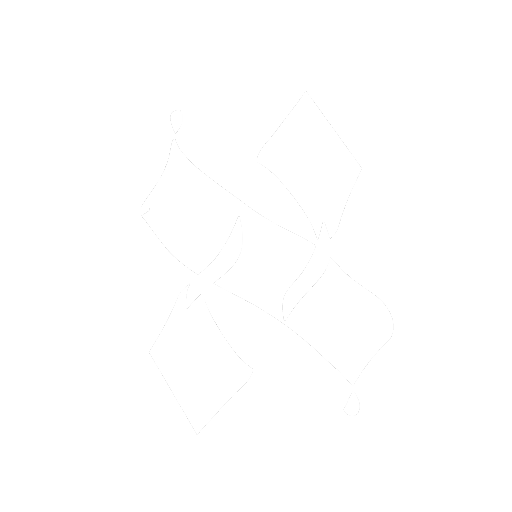DETAILS:
Spell check
DELTA: -1 WC: 2036
· +0.1h
DETAILS:
spell check
DELTA: 0 WC: 458
· +0.1h
DETAILS:
Spell check
DELTA: -14 WC: 571
· +0.1h
DETAILS:
Spell check 0.1
DELTA: -10 WC: 1598
· +0.1h
DETAILS:
Spell check
DELTA: 0 WC: 708
· +1.0h
DETAILS:
Spell check
DELTA: 0 WC: 457
· +0.1h
DETAILS:
Spell check
DELTA: -43 WC: 477
· +0.1h
DETAILS:
Spell check
DELTA: -4 WC: 414
· +0.1h
DETAILS:
Spell check
DELTA: 0 WC: 320
· +0.1h
DETAILS:
spell check
DELTA: 0 WC: 1608
· +0.1h
DETAILS:
Fix hyperlinks
DELTA: 10 WC: 1608
· +0.1h
DETAILS:
Spell check
DELTA: -10 WC: 1598
· +0.1h
DETAILS:
Add additional research/details for Snikket, explain what the intent of this entry is.
DELTA: 210 WC: 1608
· +1.8h
DETAILS:
Spell check, description update
DELTA: -5 WC: 1398
· +0.1h
DETAILS:
Added related wikilink
DELTA: -766 WC: 2037
· +0.2h
DETAILS:
Added related wikilink
DELTA: -56 WC: 458
· +0.2h
DETAILS:
Added initial entry draft
DELTA: 1403 WC: 1403
· +17.4h
DETAILS:
Added wikilink to related
DELTA: 48 WC: 48
· +0.2h
DETAILS:
Added wikilink to related
DELTA: -113 WC: 375
· +0.2h
DETAILS:
Added wikilink to related
DELTA: -18 WC: 320
· +0.2h
DETAILS:
added wikilink to related
DELTA: 48 WC: 48
· +0.2h
DETAILS:
additional pictures
DELTA: 0 WC: 457
· +0.1h
DETAILS:
expand on the ending so its less abrupt.
DELTA: 98 WC: 457
· +0.3h
DETAILS:
additional context / article flow / images
DELTA: 53 WC: 359
· +0.5h
DETAILS:
link post
DELTA: 2 WC: 85
· +0.1h
DETAILS:
removed bottom paragraph moved to new article
DELTA: -361 WC: 229
· +0.1h
DETAILS:
added article
DELTA: 306 WC: 306
· +2.5h
DETAILS:
0.2
DELTA: 58 WC: 58
· +0.5h
DETAILS:
added article
DELTA: 83 WC: 83
· +0.7h
DETAILS:
3.7
DELTA: 104 WC: 708
· +3.7h
